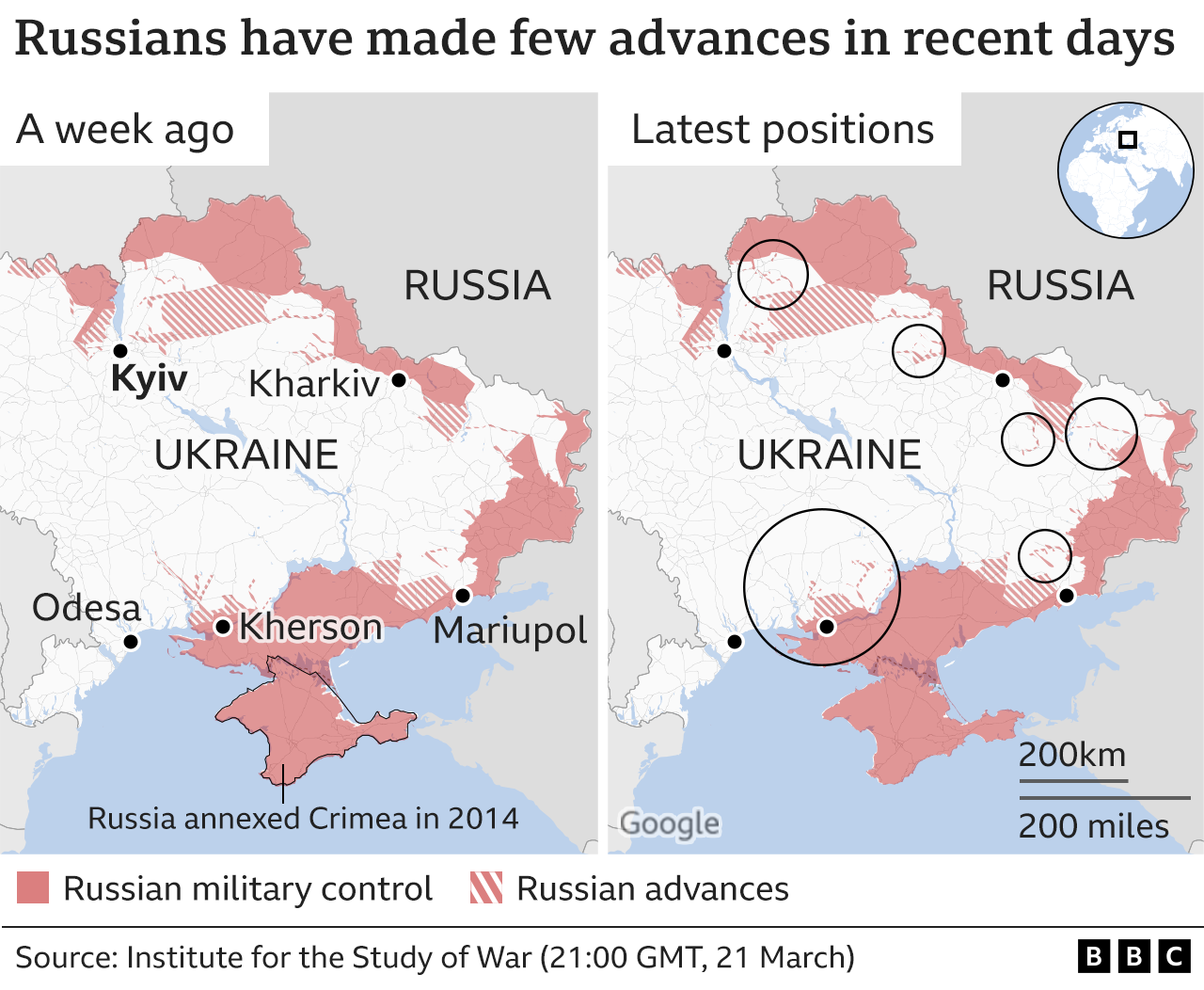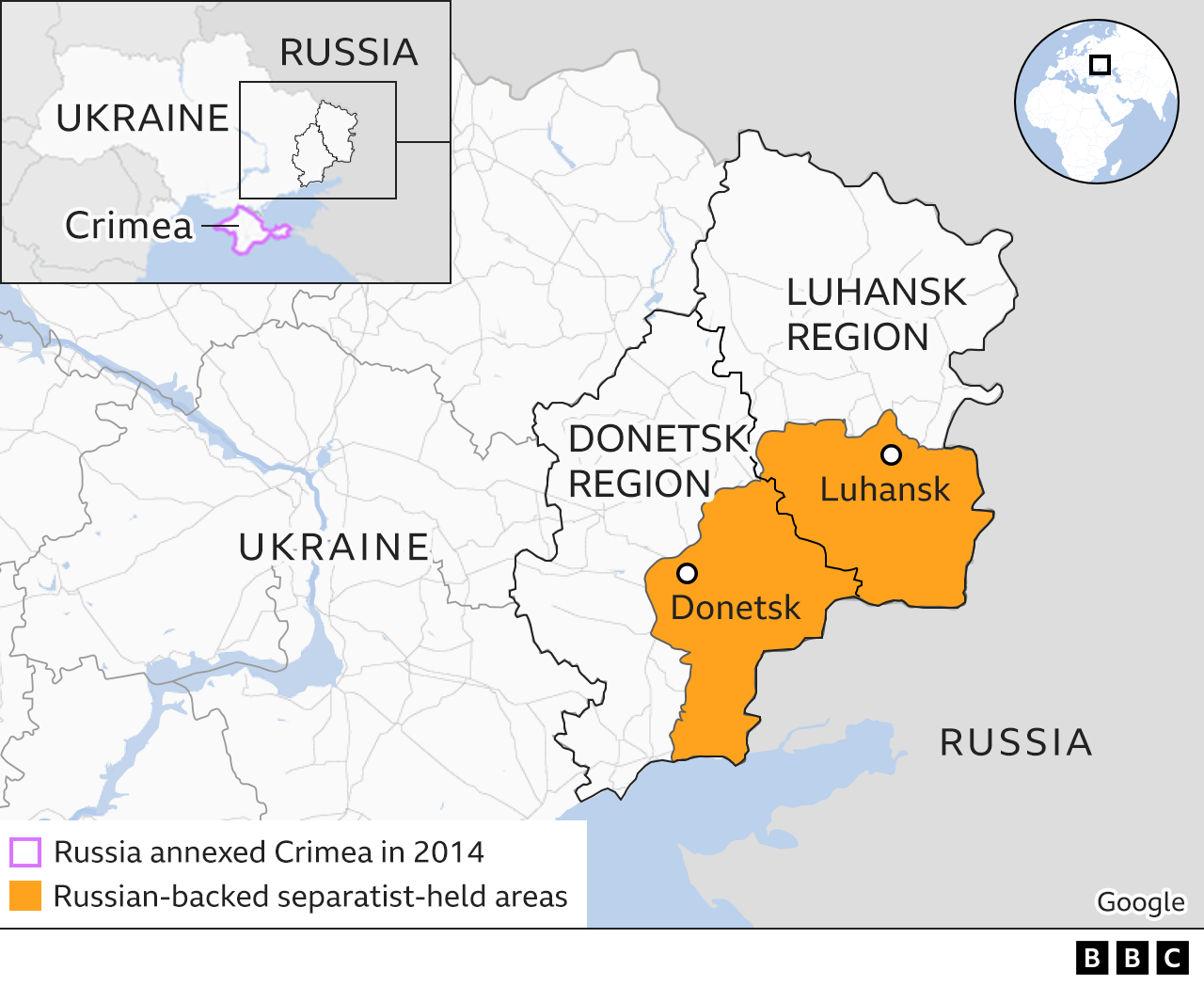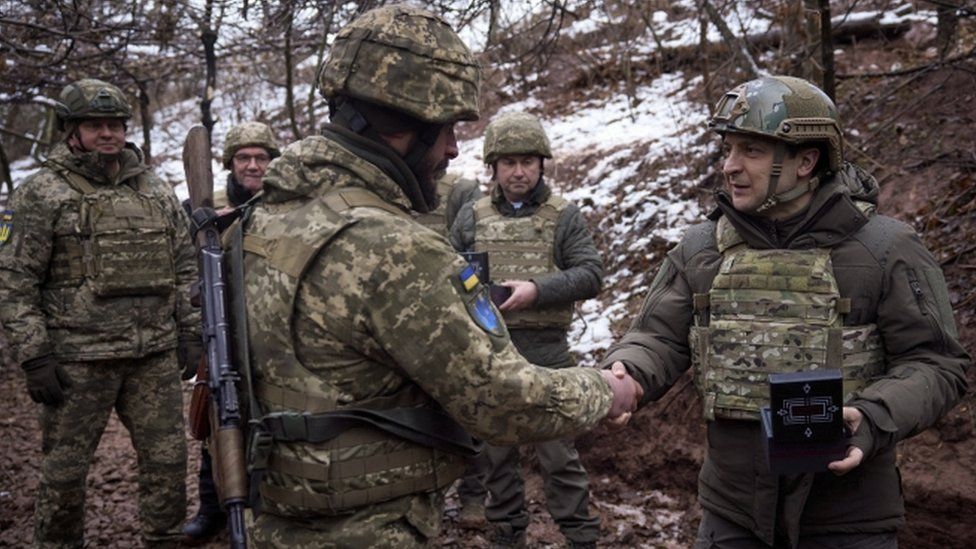Did Russian drones hit NATO territory? Romania president elucidates.
By Joanne Cassar / 07. Sep 2025
read moreWhen Vladimir Putin shattered the peace in Europe by unleashing war on a democracy of 44 million people, his justification was that modern, Western-leaning Ukraine was a constant threat and Russia could not feel "safe, develop and exist".
But after weeks of bombardment, thousands of deaths and the displacement of 10 million people inside Ukraine and beyond, the question remains: what is his war aim and is there a way out?
The Russian leader's initial aim was to overrun Ukraine and depose its government, ending for good its desire to join the Western defensive alliance Nato.
He told the Russian people his goal was to "demilitarise and de-Nazify Ukraine", to protect people subjected to what he called eight years of bullying and genocide by Ukraine's government. "It is not our plan to occupy the Ukrainian territory. We do not intend to impose anything on anyone by force," he insisted.
This was not even a war or invasion, he claimed, merely the fiction of a "special military operation" that Russian state-controlled media are required to adopt.
The claim of Nazis and genocide in Ukraine was also a fiction. And there was no swift victory.
The goals he set at the start of Russia's invasion appear to have been watered down but what is clear is that the Kremlin sees this as a pivotal moment in Russian history. "Russia's future and its future place in the world are at stake," says foreign intelligence chief Sergei Naryshkin.
The bombardment continues - but latest reports from peace talks suggest Russia is no longer seeking to overthrow the government and is instead aiming for a neutral Ukraine. Russia may also seek to hold on to its territorial conquests - both Crimea in the south and in Ukraine's east.

The question is whether Russia's authoritarian leader has designs beyond Ukraine.
"Putin wants to build a Russian empire," concluded German Chancellor Olaf Scholz after hours talking to him. "He wants to fundamentally redefine the status quo within Europe in line with his own vision. And he has no qualms about using military force to do so."
Even if he has broader goals, the shortcomings of Russia's military in the face of strong Ukrainian resistance will for now keep them in check.
Since Ukraine achieved independence in 1991, as the Soviet Union collapsed, it has gradually veered to the West - both the EU and Nato.
Russia's leader aims to reverse that, seeing the fall of the Soviet Union as the "disintegration of historical Russia".
He has claimed Russians and Ukrainians are one people. "Ukraine never had a tradition of genuine statehood," he asserted, denying Ukraine its long history.
In 2013 he pressed Ukraine's pro-Russian leader, Viktor Yanukovych, not to sign a deal with the European Union, prompting protests that ultimately ousted the Ukrainian in February 2014.
Russia retaliated in 2014 by seizing Ukraine's southern region of Crimea and triggering a rebellion in the east, backing separatists who have fought Ukrainian forces in an eight-year war that has claimed 14,000 lives.
There was a ceasefire, and a 2015 Minsk peace deal that was never implemented. Just before his invasion, President Putin tore up the peace agreement and recognised two Russian-backed statelets as independent from Ukraine.
As he sent in the troops, he accused Nato of threatening "our historic future as a nation", claiming without foundation that Nato countries wanted to bring war to Crimea.
But what would neutrality mean?
Russia is considering a "neutral, demilitarised" Ukraine with its own army and navy, along the lines of Austria or Sweden, which are both EU members. Austria is neutral, but Sweden is not, and Russia has threatened "serious military-political consequences" if it joins.
Both sides have made progress in negotiations but the prospect of a meeting involving the two presidents, considered key by Kyiv to ending the "hot phase" of the war, appears some way off.
At the start of the invasion, the Russian leader wanted Ukraine to recognise Crimea as part of Russia and to recognise the independence of the separatist-run east. Ukraine would also have to change its constitution to guarantee it would not join Nato and the EU.
Ukraine's President Volodymyr Zelensky is adamant that Ukraine's sovereignty and territorial integrity is a "red line", so there is little chance of that issue being resolved immediately. But he does not see the future of Crimea and the east as key to ending the war, because any change of historical importance would require a referendum.

Russia does appear to have accepted it cannot depose Ukraine's leadership and replace it with a puppet government, as exists in Belarus. President Zelensky said at the start of the war he had been warned "the enemy has designated me as target number one; my family is target number two".
"It feels like [Putin] will have to accept a much more limited list," says Tatiana Stanovaya, of analysis firm RPolitik and the Carnegie Moscow Center.
Not everyone is convinced Russia is negotiating in good faith. Several Western nations have warned that Russia is using them as a smokescreen while Ukrainian presidential adviser Alexander Rodnyansky said the talks were a trap to distract Western attention from the continuing bombardment and to ward off further sanctions.
Ukraine's requirements are clear: a ceasefire and the withdrawal of Russian troops, but also legally binding security guarantees that would give Ukraine protection from a group of allied countries that would actively prevent attacks and "take an active part on the side of Ukraine in the conflict".
Securing Russian military withdrawal to pre-war positions will not only be a Ukrainian demand, it will also be a red line for the West, which will refuse to accept another of Russia's "frozen conflicts", says Marc Weller, professor of international law and former UN mediation expert.
Ukraine has also softened its stance since Russia's invasion, with President Zelensky saying that Ukrainians now understood that Nato would not admit them as a member: "It's a truth and it must be recognised."

By Joanne Cassar / 04. Sep 2025
read more